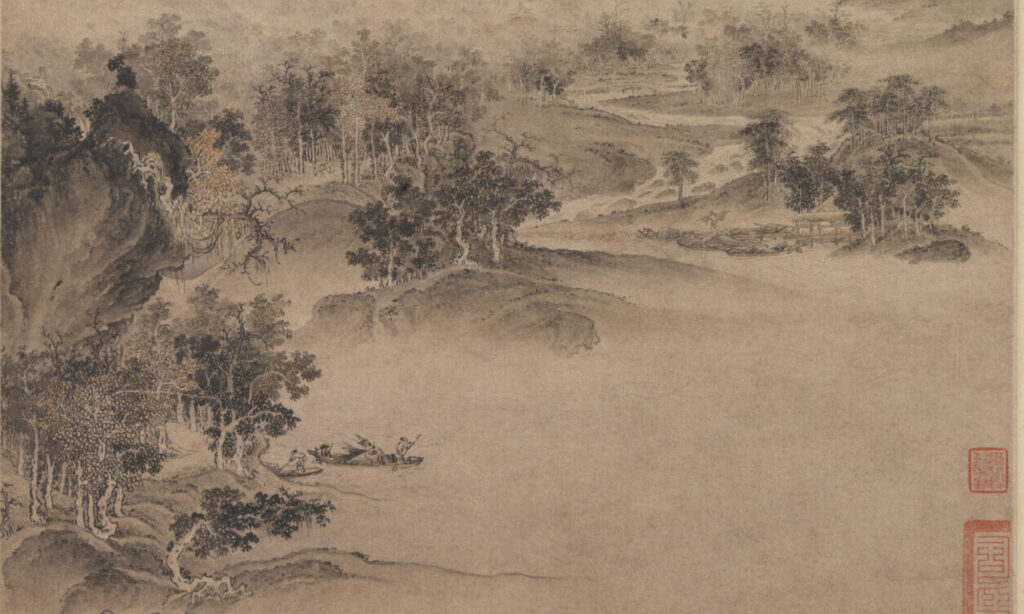Long before Olaf Scholz invoked the term “turning point” to call for radical rethinking in Germany, a gradual transformation was underway in the relationship between China and the West. Since he took office a decade ago, China has pursued a policy that is rhetorically cosmopolitan and universalist, but at its core, is culturally nationalist. Gone are the days of political restraint, and the era when China served as the world’s factory, fulfilling the desires of Western economies without posing a serious competition.
In the West, reactions to this newfound confidence vary between indignation, fear, and helplessness. In the midst of this turning point, old truths are being questioned, research on contemporary China is being promoted, and there is a call for greater China competence, especially in German schools. Foundations are providing critical analyses of China’s economic and political situation, advising politicians and businesses alike. However, recent developments that make China’s altered demeanor comprehensible often remain underexposed: China’s political self-confidence and economic prosperity are accompanied by a cultural renaissance that is barely noticed in Germany. Whether it’s traditional arts, philosophy, or literature, there is a renewed emphasis on the knowledge of traditional culture starting from elementary school in China. Symbols of the once-shunned high culture, such as tea culture and calligraphy, are back in vogue; Buddhism and Daoism are extremely popular, despite the atheistic stance of the Communist Party of China. The new state ideology seamlessly integrates Confucian thought into its “Chinese Dream” of a “great renaissance of the Chinese nation.”
This societal reorientation supports values and actions derived from tradition, foremost among them a cultural pride based on a sense of civilizational superiority that dates back to before the times of Confucius. As the West and China continue to diverge, these tendencies in China are likely to gain even more significance. To meet this civilizational challenge, it is no longer sufficient to engage with China’s current developments. A deeper understanding that takes into account China’s historical experience is necessary. Only then can we comprehend the Chinese perspective on politics, economy, culture, and education, and only then can we realistically assess China’s future developments. The European Centre for Chinese Civilization has taken it upon itself to gather and disseminate this knowledge. (from European Centre review)
China has gained a great deal of self-confidence under the aegis of him. In addition to the economic successes, a renaissance of Chinese culture initiated by the state is strengthening this self-confidence. Trust and respect can only be gained under these new circumstances if this self-confidence is met at eye level.
The European Center for Chinese Civilization provides the necessary background knowledge so that communication with Chinese partners in politics, business or education is successful. With topic-specific workshops we prepare you for the new China. In addition, we support you with targeted consulting and customized research.
